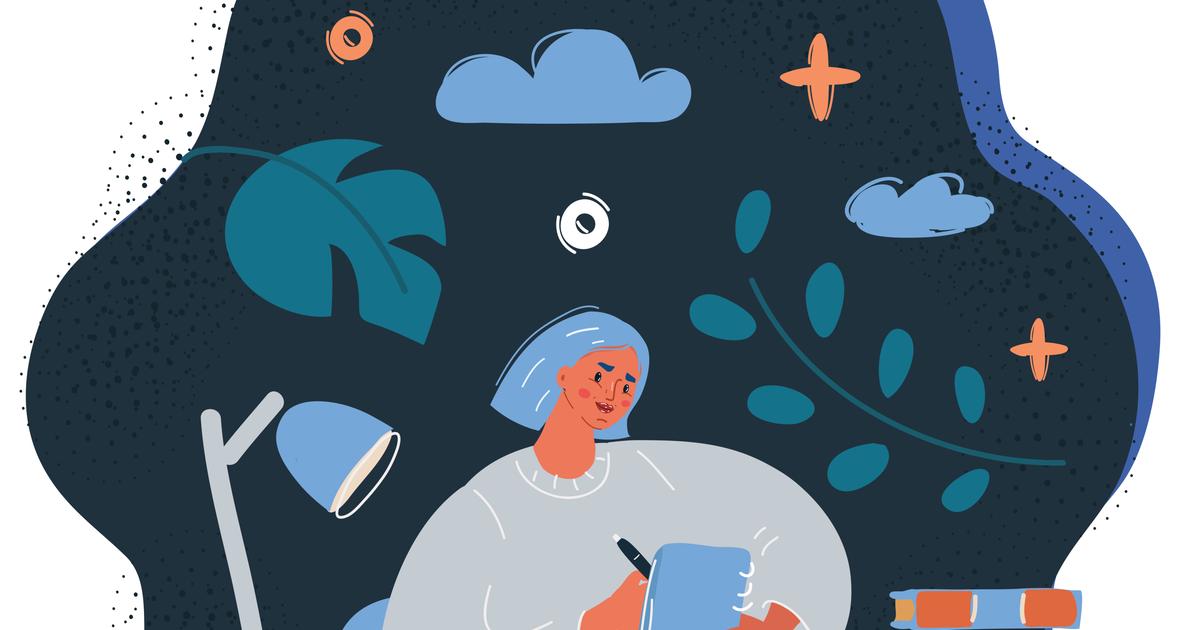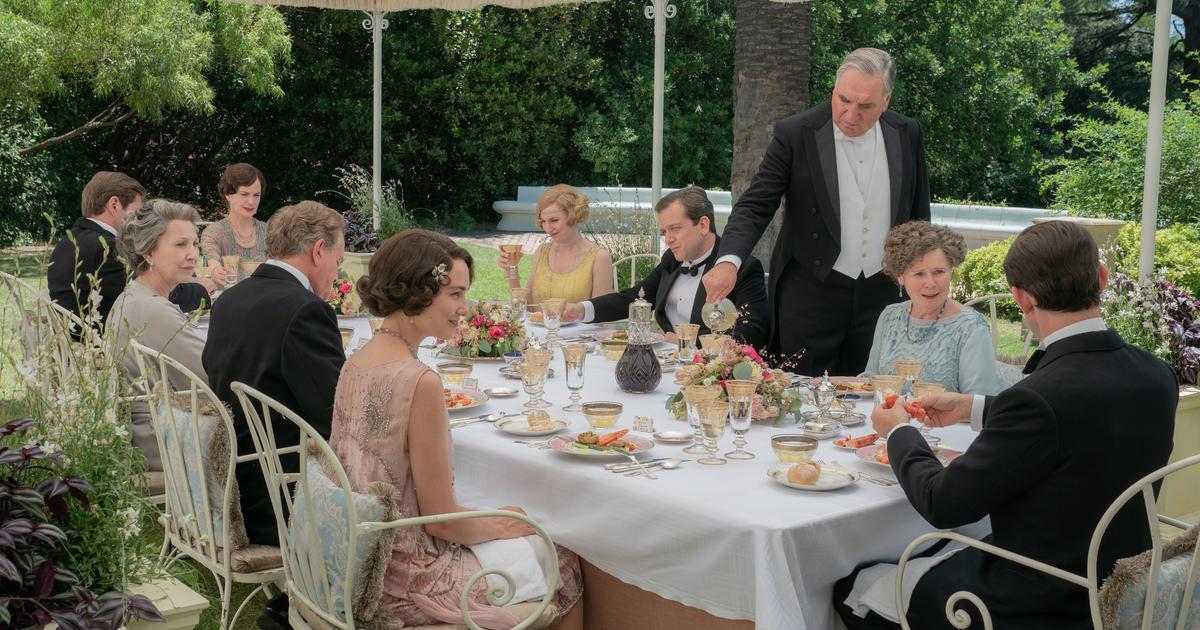Alice Sebold was walking down the street one morning in 1981 and when she raised her eyes to someone who seemed to be talking to her, she came face to face with the man who had raped her five months earlier. She thought that this man was questioning her, that he was cruelly mocking her. It later emerged that he had recognized someone walking behind Sebold and greeting him. At mid-morning, in daylight, Alice Sebold relived all the panic and humiliation of a night five months ago, a bad dream from which she could not wake up because she was having it every moment with her eyes open. He immediately went to the police, who arrested the suspect, a 20-year-old black man with no previous record, shortly after. In a recognition wheel, Sebold, very nervous, was wrong to identify him among the five black men of similar age and appearance to those who looked from the other side of a glass, and who seemed to be looking at her, although they did not see her. The defendant went to trial and was sentenced to 20 years. For Sebold, that sentence did not alleviate the suffering of the rape, but it at least gave him a soothing sense that justice had been served. At the time he was studying creative writing at Syracuse University, and his professors included Tobias Wolff and poet Tess Gallagher. They encouraged her to tell in writing what she had experienced. But things take time to get written. Alice Sebold was 18 in 1981. It took him 18 more years to publish a memoir of those events, Lucky [Fortunate, in the Spanish edition], in that American tradition at once sober and revealing of autobiography. Almost overnight the book made her a celebrity, not without the help of one of those providential interviews on the Oprah Wimfrey show. Years later, the testimony of nonfiction was followed by a novel, The Lovely Bones, in which he dealt with the same themes of sudden cruelty and irreparably violated innocence with inflections of a fantastic story.
I met occasionally, in the nineties, in Madrid and Virginia, Alice Sebold's father, Professor Russell P. Sebold, an eminent expert in a field as little frequented as eighteenth-century Spanish literature, in particular the figure and work of José Cadalso. He was a self-absorbed and kind man, with very clear eyes and glasses drooping towards the edge of his nose. Now I recognize those eyes in the photos of Alice Sebold that are republished. He once told me, as if in passing, that his daughter had written a best seller.
Afortunada was published in half the world and sold millions of copies. Alice Sebold had done something that many women dared not do at the time, to tell loud and clear all the horror of rape, the infamous fact itself and the additions and consequences, the frequent lack of humanity in police interrogations, the awareness of being suspicious in the eyes of many, the intimate guilt and shame, the difficulty of putting a disrupted life back together. He was returning to the university residence through a park, at midnight, in May, the last day of the course, and heard footsteps approaching him from behind. She hurried her pace and one hand grabbed her by the hair, and then dragged her and threw her causing her skull to hit the ground.
In his story, the rapist, the condemned man, was a shadow that disappeared handcuffed three times a door, after the sentence, just as he had disappeared after the rape. Our sense of justice demands a certain culprit and punishment. That man who had emerged one night in the dark behind Sebold, and suddenly appeared one morning in broad daylight, returned to his anonymity once condemned. In the United States the prison system is of unheard-of vengeful cruelty, unparalleled in any civilized country. Any idea of reinsertion is abolished by the biblical brutality of an eye for an eye and a tooth for a tooth. The convict was called, his name, Anthony Broadwater, and he served 16 years in prison. He could have applied for parole earlier, on condition that he admitted his guilt and underwent sex offender treatment. But Broadwater always maintained his innocence. He asserted his own dignity at the price of being excluded from the prison benefits that would correspond to him as a repentant criminal. When he went out on the street, the punishment did not end: the seriousness of the criminal record condemned him to social isolation and precarious and always poorly paid jobs. He lived in fear of being accused of another rape.
We know all this now because two years ago, after a grueling legal struggle, and with the help of more rigorous scientific procedures, Anthony Broadwater managed to have his innocence recognized and the conviction formally overturned. A New York State court acknowledged that Alice Sebold had misidentified herself, and that the case against Broadwater was botched and cheating, as might be expected when a defendant is an impoverished black male accused of raping a white woman.
There is nothing that is not irreparable. Two equally innocent lives were equally disrupted. The years of Alice Sebold's literary success were those of Anthony Broadwater's hell for those inhumane prisons in which the stigma of sex crime added to the punishment the infamy and harassment of the other prisoners. When her innocence was certified, 40 years after that May night, Alice Sebold released a shocking statement, acknowledging her share of responsibility for the misfortune of a blameless man: "I will have to continue to struggle with the role I unknowingly played in a system that sent an innocent person to jail... Once again, a young black man brutalized by a flawed legal system."
Alice Sebold is now 60 years old. Anthony Broadwater, 62. About their two lives completely strange to each other and at the same time hopelessly united, Rachel Aviv has written a long report in TheNew Yorker, a sample of that supreme form of literature that journalism can be. In the photos, Broadwater has an expression of much more serenity than Sebold. Just two months ago the state of New York awarded him a compensation of five and a half million dollars. In a portrait of Elinor Carucci, Sebold looks straight ahead with a contained air of alarm and a gesture on his lips painted red that does not become a smile. "I don't know where all this leads me, except grief, silence and shame," he says. But his status as a victim who at the age of 18 had the courage to go to the police to report the rape he had just suffered is not violated or denied by the mistake he made later, even though he suspected deep down that he might be wrong. She was an unwitting accomplice of a system of methodical injustice that through her was primed in an innocent. Now the two are united by the same misfortune. Each will forever be the shadow of the other, and the two know that between them, as if lurking, there is a third shadow, that of the only true culprit, the rapist who has no name and never paid for his crime, and who perhaps is still around, hanging around at night, in the bad dreams shared by the two.
Subscribe to continue reading
Read without limits
Read more
I'm already a subscriber














